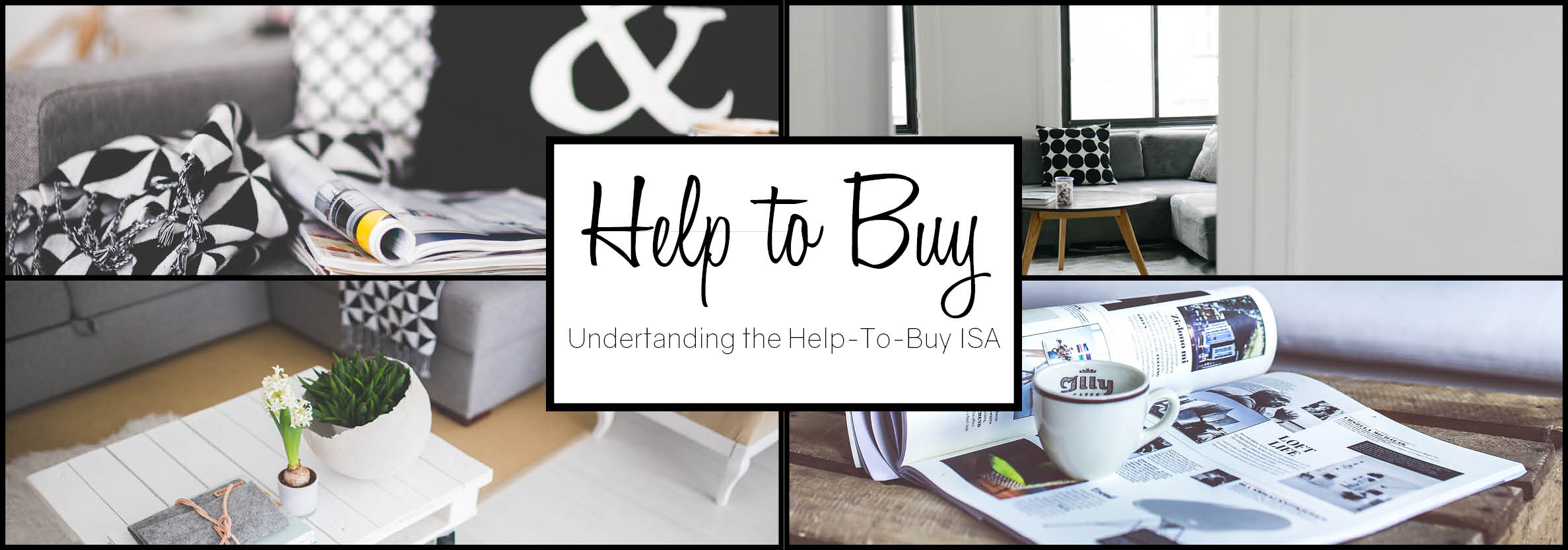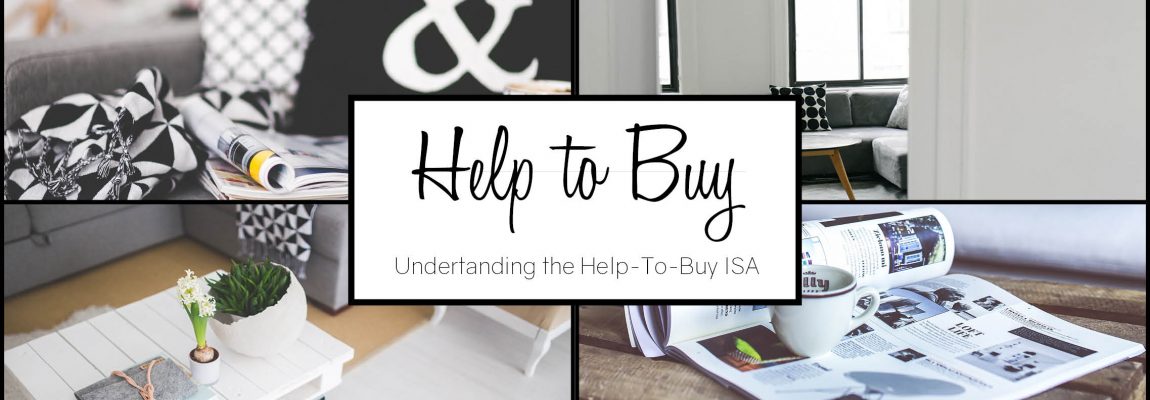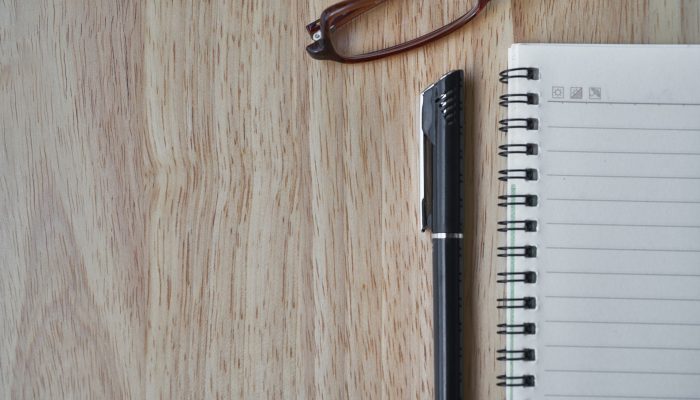 The Basics:
The Basics:
- Like any other ISA, the depositor places an amount of money in an account and the bank or building society will pay interest on these funds
- Unlike other ISA’s the Help-to-Buy ISA can be opened with a maximum initial deposit of £1200 and following payments being limited at £200 per month
- Where the government comes in is with a free 25% bonus on any funds in the ISA when it comes to using the total amount on purchasing property
- The maximum government bonus on this scheme is £3000 (meaning a total saving £12,000 is required) and the minimum bonus offered is £400 (requiring £1600 total in the ISA account)
Eligibility:
- UK resident over the age of 16
- Be a first time buyer (cannot own property nationally or internationally)
- Have valid National Insurance number
- No other active cash ISA’s in the same tax year
- The property must:
- Be in the UK
- Have a purchase price of up to £250,000 (or £450,000 in London)
- This is a nested bullet point
- Purchased for yourselves (not a buy-to-let)
- Be purchased with a mortgage
- Be the only home you own
Pros
- The ISA is available per person not household, and therefore a couple purchasing a property can receive a maximum bonus of £6000 free from the government (both purchasers having an ISA each)
- The ISA can have funds removed whenever the holder likes and the remaining funds still accrue interest as normal
- Help-to-Buy ISA can be transferred between banks to benefit from the best possible interest rates
- The ISA can be combined with other government backed incentives in the Help-to-Buy schemes
- The funds can be kept in the ISA forever and the money can be used for any reason
- The funds can be used to buy any type of residential property and does not need to be your only source of deposit
Cons
- Restrictions on the amount you can save; paying in the maximum of £200 a month, it will take four and half years to save a total of £12,000 and gain the maximum bonus of £3000
- Average house prices in the UK are around the £200,000 mark as of April 2016, in London the average price of a home is £470,000 and areas such as the South East average prices stand at £300,000, therefore in some regions first time buyers may find it hard to find qualifying properties
- If the funds are used for anything but the purchase of a property, the 25% bonus is not applicable
- A large drawback on the scheme is that the bonus is not released on exchange of contracts and therefore cannot be used for the initial deposit, the bonus will go towards the final payments for the property upon completion of the transaction
Conclusion: For future buyers looking to start saving towards a new home early this option is a no brainer. The ISA does not have to be used to purchase a property but the government will give you free money if you do. Additionally, the interest rates on these ISAs tend to be a little higher than normal cash ISAs and therefore offer a great savings solution for low earning future first time buyers whether they plan on purchasing a property of not. The biggest drawbacks are; the restriction on the maximum price of property which in some areas will be what holds back buyers, and also that the government bonus cannot be put towards the initial deposit which the sum most first time buyers struggle to reach.


